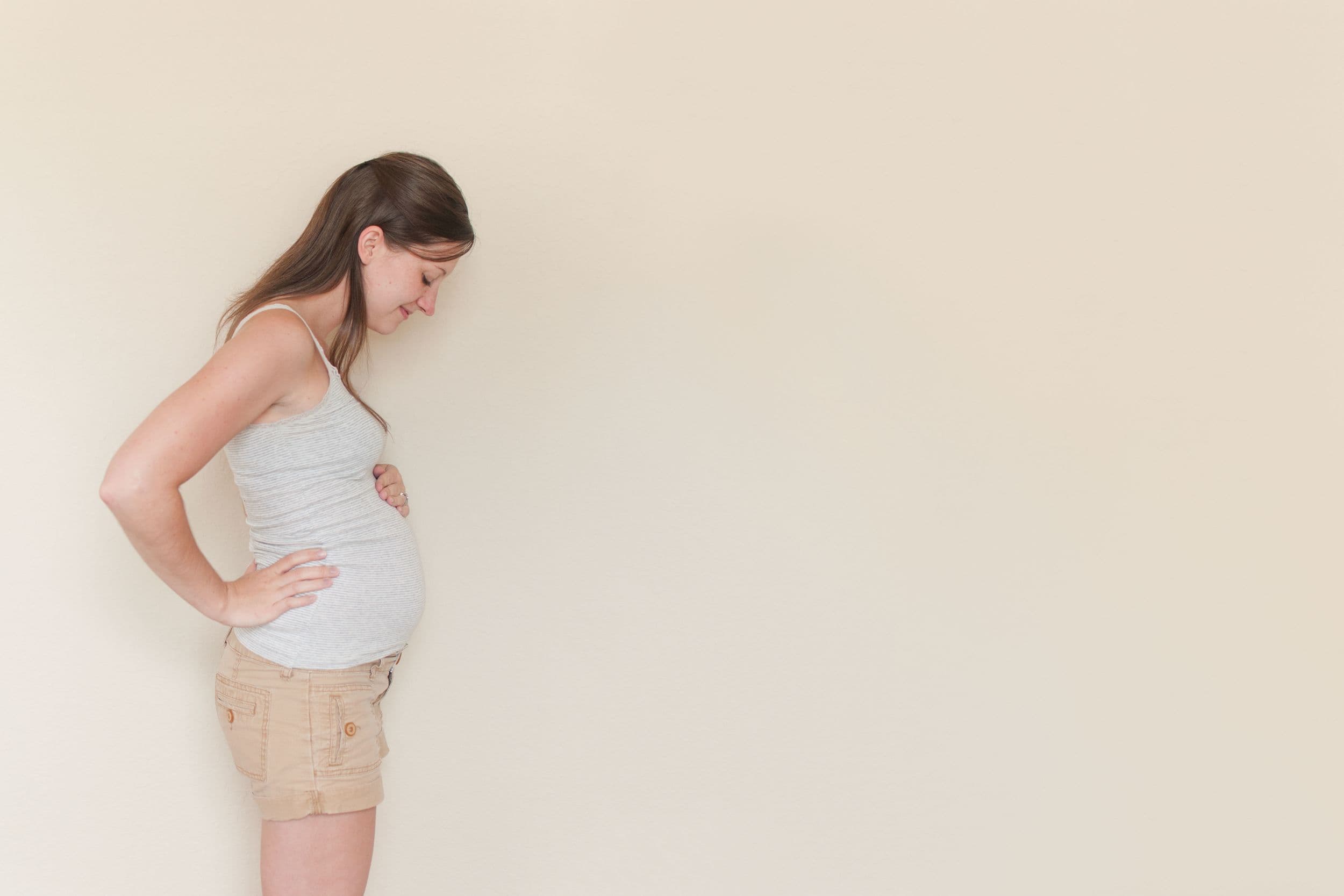Taking Thyroid Medication During Pregnancy
Medications
Obie Editorial Team

When is thyroid medication necessary during pregnancy?
Thyroid medication during pregnancy can either be for hyperthyroidism (too much thyroid hormone) or hypothyroidism (too little thyroid hormone).
Women with hypothyroidism, or a diminished production of the thyroid hormone, need to continue their thyroid replacement medication (i.e., Armour, Levothyroxine, Levoxyl, Synthroid, Thyrolar) even during pregnancy as it is essential to their health. At this point, the baby's only source of thyroid hormones is you, because its own thyroid gland is still unable to function fully before the 12th week of pregnancy. In fact, they often require higher doses at this time due to hormonal changes.
How does thyroid medication affect the fetus?
Large-scale studies on the effect of drugs for underactive thyroid glands were completed in the '70s and no adverse effects have been observed in about 600 children born to women on thyroxine. According to a study published in the July 15, 2004 issue of the New England Journal of Medicine, hypothyroidism, when left untreated during pregnancy, can lead to weak cognitive development and increased fetal mortality. As a result of their findings, the scientists proposed that women with hypothyroidism should increase their levothyroxine dose by about 30% right after their confirmation of pregnancy.
On the other hand, women taking medication for hyperthyroidism, or the condition characterized by an overactive thyroid gland, need to be a bit more cautious. This is because the drugs for hyperthyroidism contain molecules that can cross the placenta and enter the fetus's bloodstream. It is therefore critical for the mother to undergo close monitoring by her obstetrician or a reproductive endocrinologist.
While in the womb, the fetus can develop an enlarged thyroid gland, and when this happens, it may be difficult to flex the chin to the chest – necessitating a cesarean section. The doctor should likewise observe the baby after birth because there is a chance for him or her to have an overactive thyroid gland as the drug is flushed out from his or her system. If left untreated, this can be dangerous for the baby.
Read More









_0.jpg&w=3840&q=75&dpl=dpl_5Mqa8gJ823DSENE19W1K5gtQqoRx)
